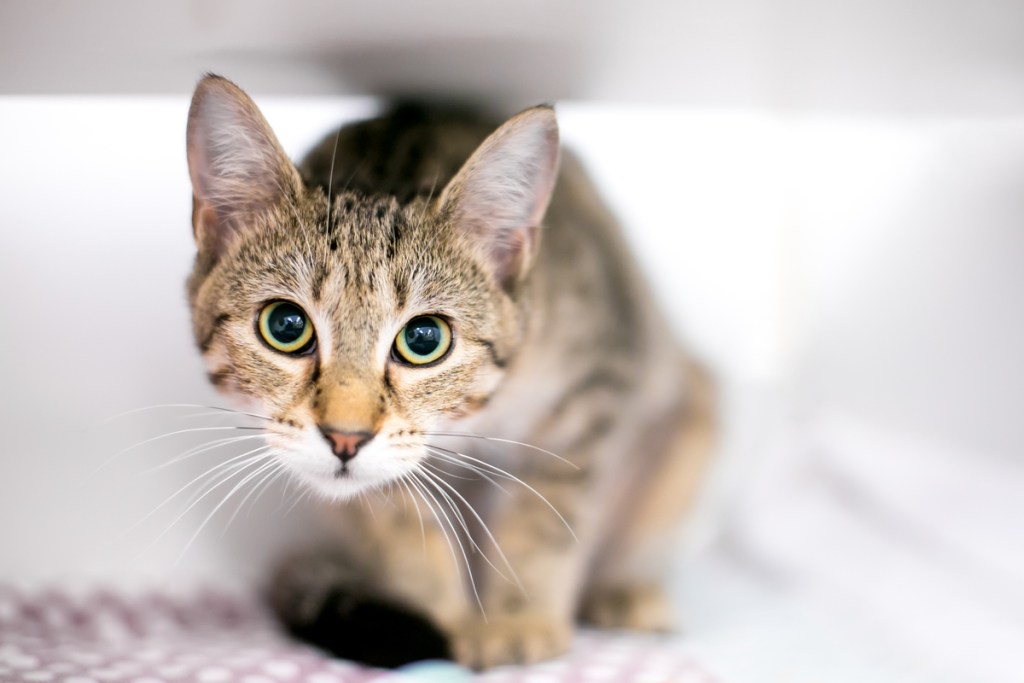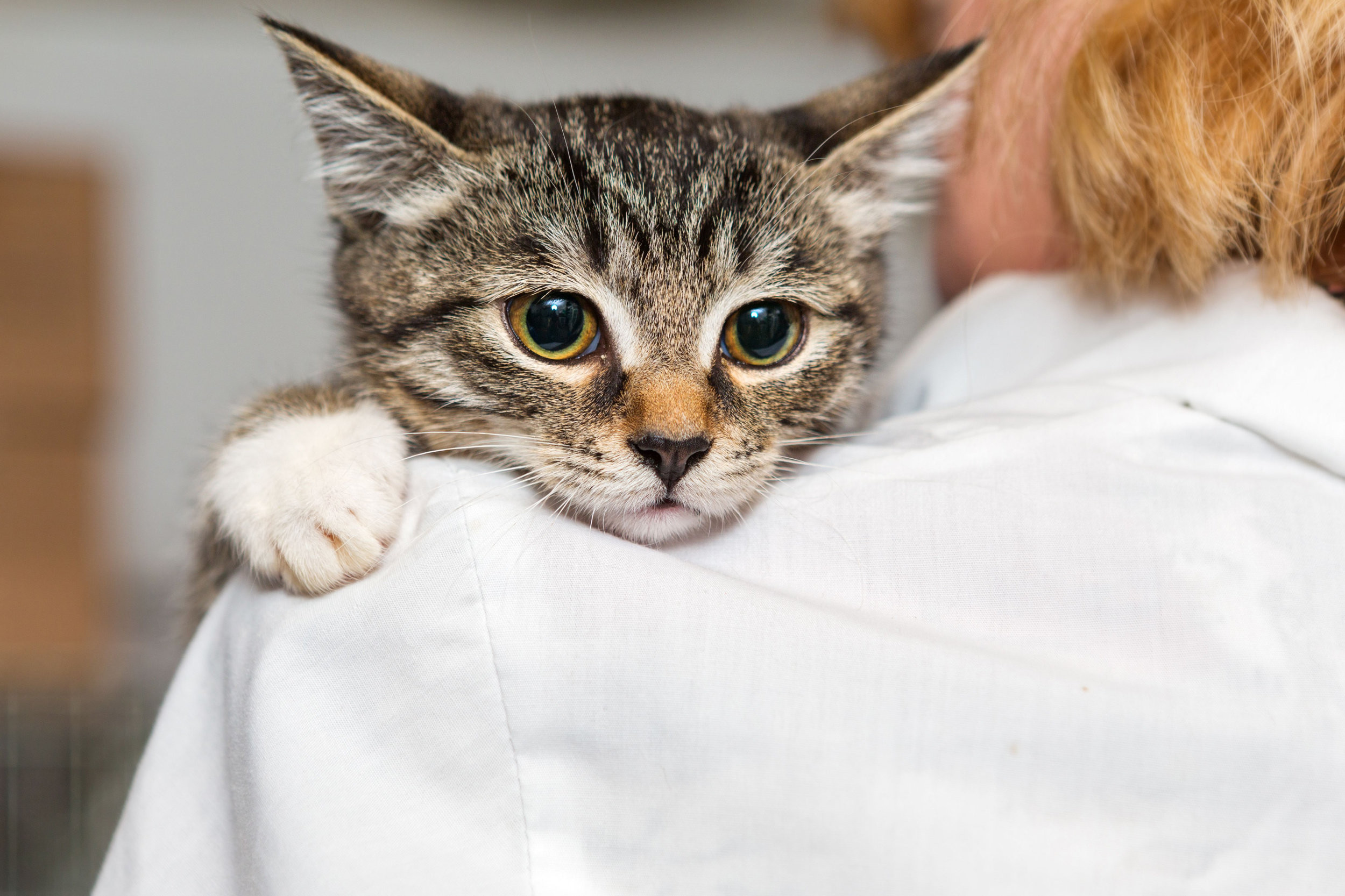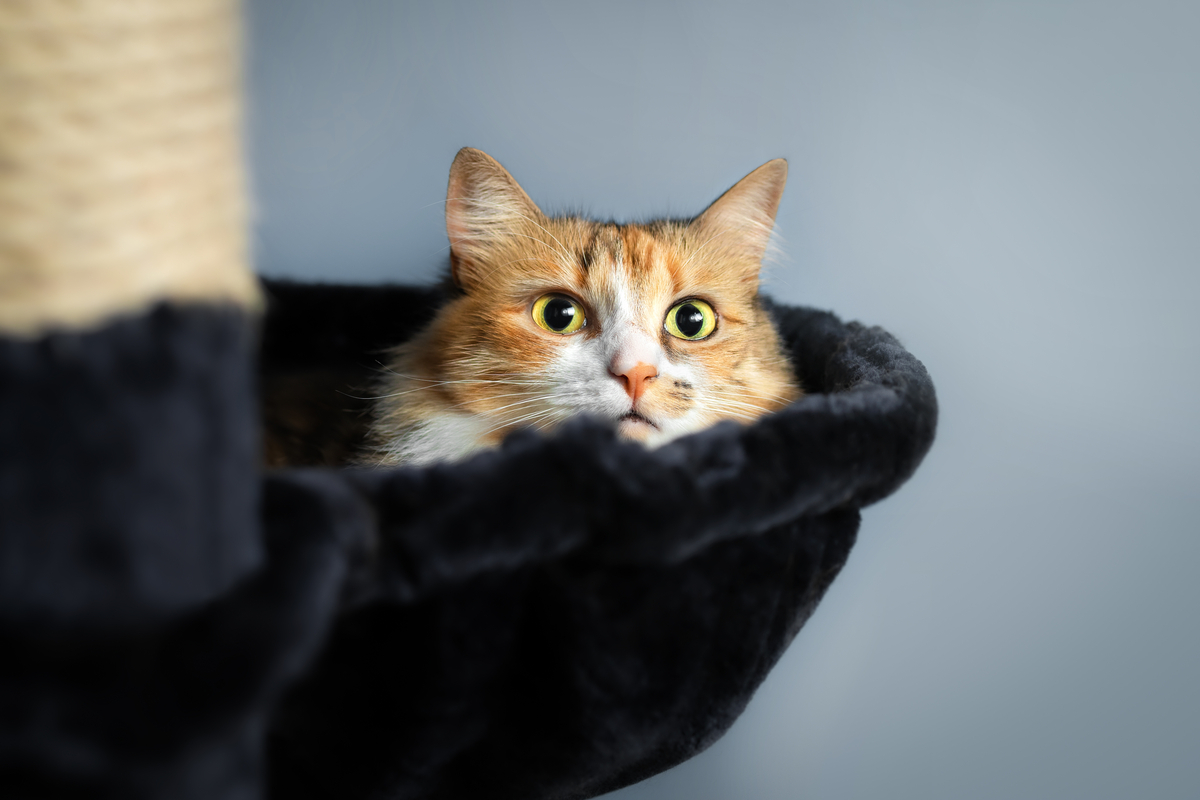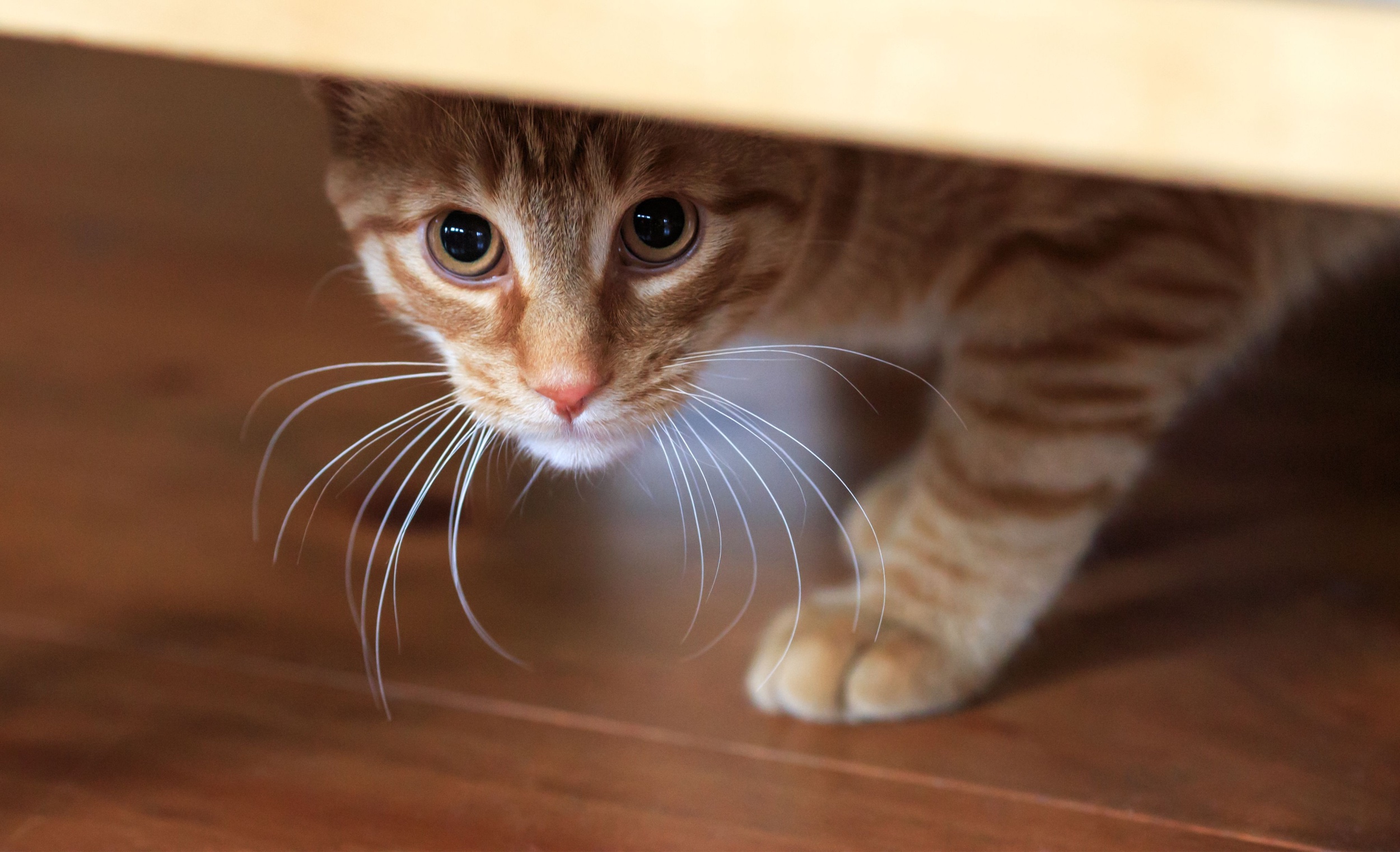As many of us begin to return to work and school after years of pandemic-related remote work or study, you may notice your fur babies are behaving strangely. Although it’s a fairly well-known fact that dogs can suffer from separation anxiety when their human family members leave for work or leave the house at all, not everyone knows that our cats can suffer the same issue.
Cat separation anxiety occurs less frequently than it does in dogs, but that doesn’t make it any less distressing to witness. Do you think your cat has separation anxiety? Then you’ve likely noticed unusual behavioral changes. But try not to worry — there are many solutions that can help reduce your cat’s anxiety.

How do I tell if my cat has separation anxiety?
If your cat starts to suffer from separation anxiety, you’re likely to notice some major changes in his behavior, though these specific changes can vary from cat to cat. According to the Metropolitan Veterinary Center, common signs of cat separation anxiety include excessive crying, changes in eating habits, and excessive self-grooming. Your cat might display destructive behaviors, including eliminating outside of the litter box. Some cats may try to escape their homes or frequently vomit up their food.
Keep in mind that these behavior changes can also be symptoms of other health issues, so before you diagnose your cat with separation anxiety, schedule an appointment with your vet. It’s a good idea to have your cat checked out, just in case there’s something else going on that may need to be treated. Your vet can give your cat a full evaluation and help to determine just what’s causing his behavior changes, whether that’s anxiety or something else.

Why does my cat have separation anxiety?
It might seem odd to think of cats as having separation anxiety, since so many cats tend to be naturally solitary. But according to Manhattan Cat Specialists, it all comes down to a cat’s individual personality. Just like us, some cats are loners and some crave interaction with others. Some cats can actually be very social and form strong bonds with you, other people, and other pets. If those bonds are disrupted, the cat may become upset and anxious.

How to stop separation anxiety in cats
The good news is there are many ways you can help to relieve your cat’s separation anxiety. The Metropolitan Veterinary Center recommends you find ways to keep your cat occupied when you’re not home. You might find that leaving your radio or TV playing helps to comfort your cat. Additionally, you can create a safe, cozy little spot, like an enclosed cat bed, where he can relax until you return. You might also leave behind lots of toys, including puzzle toys that hold food, to keep your cat occupied and active when you’re not home.
Some cat owners may find that using a pheromone diffuser can help comfort their cats. Pheromones promote a sense of calmness in cats, and a diffuser will automatically and periodically release them to support your cat throughout the day.
How you leave the house matters, too. Avoid cues that signal the fact that you’re leaving to your cat. For example, make an effort not to jingle your car keys as you’re walking to the door. When you do leave, make your departure short and sweet. Avoid long, drawn-out goodbyes, and try to make the experience minor and uneventful for your cat.
If your cat has bad separation anxiety, you might need to do some work to get him used to your absence. Start with short periods of time away by leaving just to take a quick walk or to go to the movies. Gradually increase those trips until you’re spending the day away from the house. You might find that installing a pet camera can be reassuring, since you can check in on your cat while you’re out.

Final thoughts
Cat separation anxiety can be upsetting for both you and your pet, but there are ways to help your cat cope while you’re out of the house. Be sure to talk to your vet about your cat’s behavior; in extreme cases, your vet might prescribe medication to help manage your cat’s symptoms.
To get the most out of these tips, it’s important that you be consistent and patient. Helping your cat through his anxiety can be a long-term journey. Until you get it under control, you might find that hiring a pet sitter can help to reassure your cat during the day—and reassure you that your fur baby is doing just fine, too.
Editors' Recommendations
- Wondering why cats chirp? Fascinating reasons why your cat chirps at birds (and you)
- How to cat-proof your balcony before the unthinkable happens
- There’s a totally normal reason cats throw up after eating grass – here’s why
- When can kittens leave their mom? Don’t separate them too early
- When do kittens’ eyes change colors? The answer is so cool – here’s what to know



